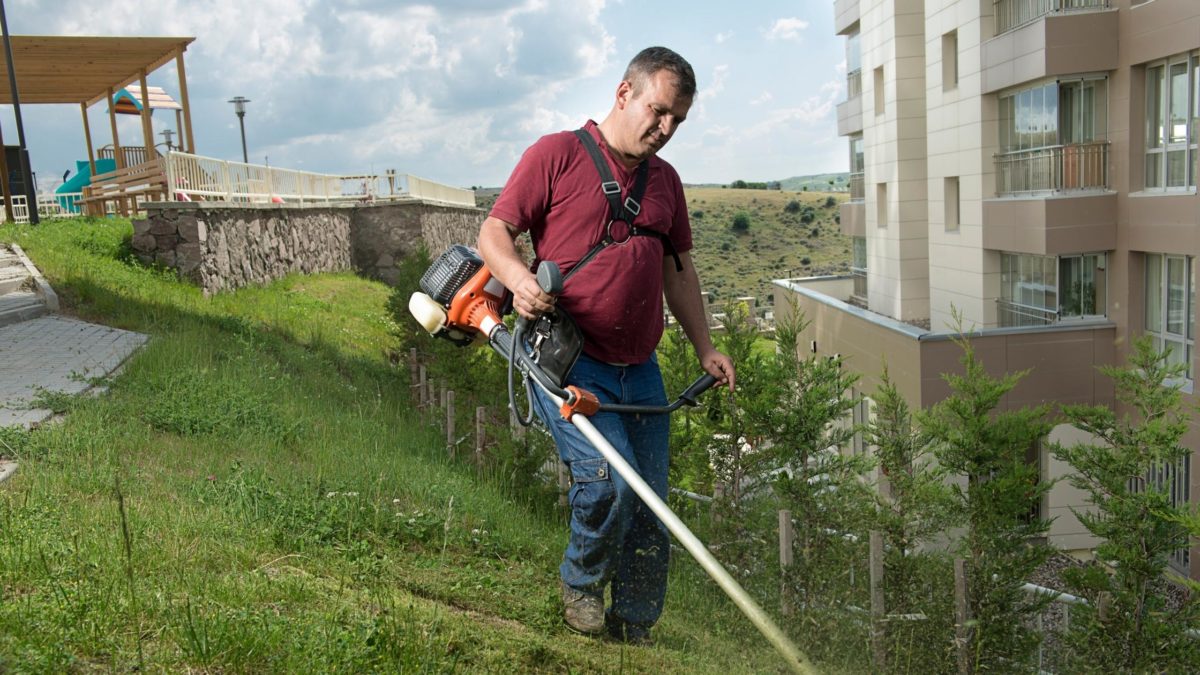Hearing Loss
Because hearing loss is not something you can recognize just by looking at someone, many people might be shocked to learn that 13% of Americans persevere with it. Less than three out of every thousand children are born with congenital hearing loss, but due to a number of factors, the percentage of the population increases steadily with age. According to The Center for Disease Control, it burdens 6.3% of those aged 18-44; 13.6% of those aged 45-64; 26.8% of people aged 65-74, and an incredible 50% of everyone aged 75 and older. Sadly, more than two-thirds of all those who suffer from it do not seek treatment.
Its Hidden Consequences
We all know someone who lives with hearing loss to some degree or other and we may not even know it. It is not uncommon, as someone begins to suspect that they might be affected, for people to minimize the condition. It is difficult to admit to yourself that you might have a health problem emerging. You might naively hope either it will pass or you will just learn to live with the minor inconvenience. But left untreated, disabling hearing loss can lead to so many more grave consequences.
Our balance systems depend on our ears. Hearing trouble can lead to disorientation as your equilibrium is thrown off. Trouble following conversations creates misunderstandings and awkwardness. It only follows logically that this often leads to feelings of social isolation. It becomes simpler to withdraw socially. Loneliness and depression come next and though many people may not enjoy following this thread to its conclusion, it is well-known and apparent that all these compounding symptoms combined end up hurting one’s cognitive abilities and creating confusion.
But all this is so simply preventable!
Risky Professions
Hearing loss happens when the delicate inner workings of the ear are damaged. This happens with standard wear and tear of age, like so much of our bodies. Occasionally it is the result of a shockingly loud sound happening nearby. The air pressure from this blast can rip the eardrum or hurt any of the minute little hair follicles within our ears. But this sort of traumatic injury often leads to immediate treatment. More often the damage happens gradually over an extended period of time. The danger of proximity to threatening sound levels increases the longer one is exposed. People who work in certain professions have no choice except to submit to this frequent proximity, but they do have control over how they mitigate the risks of this proximity.
Professions that commonly pose such a risk include the music industry, the service industry in loud bars and restaurants, construction, landscaping, flight crews, factory workers, farmers, and ambulance drivers. For some of these jobs, such as flight crews or factory workers, the volume is a side effect of the job. Flight crews could easily get in the habit of wearing earplugs during takeoff when decibel levels reach dangerous levels. The volumes are not dangerous for the passengers who endure them only momentarily but pose an increasing threat for the crew who is exposed habitually. Factory workers too could wear earplugs without compromising the quality of their work.
Music industry and hospitality workers are a little different. Whether it is a matter of focusing on the music, the source of the volume itself, or bartenders needing to interact with customers, it is trickier. But common consumer earplugs readily available at any pharmacy reduce decibel levels by 15-30 dB. This makes a massive difference. Even if they can only be worn for short periods, these short periods with earplugs in to break up the constant exposure can make a big difference.
The Benefits of Preventative Action
The factor that all of these professions have in common is that the dangerous sound levels have become normalized. Doesn’t it only make sense to normalize simple preventative measures as well? Doing so is an investment in your future and your quality of life. You can remain more present for your loved ones and more available to all life has to offer, both recreationally and professionally. Make a pledge to take your hearing health seriously. And make an appointment with one of our hearing specialists today to get an accurate assessment of where your hearing stands. It’s never too late and it’s never too soon to make a positive change.

